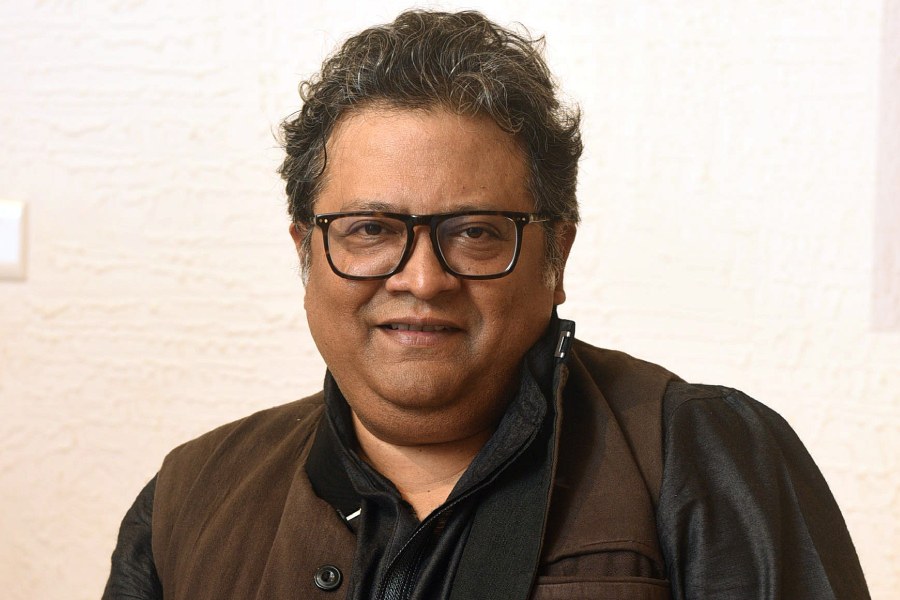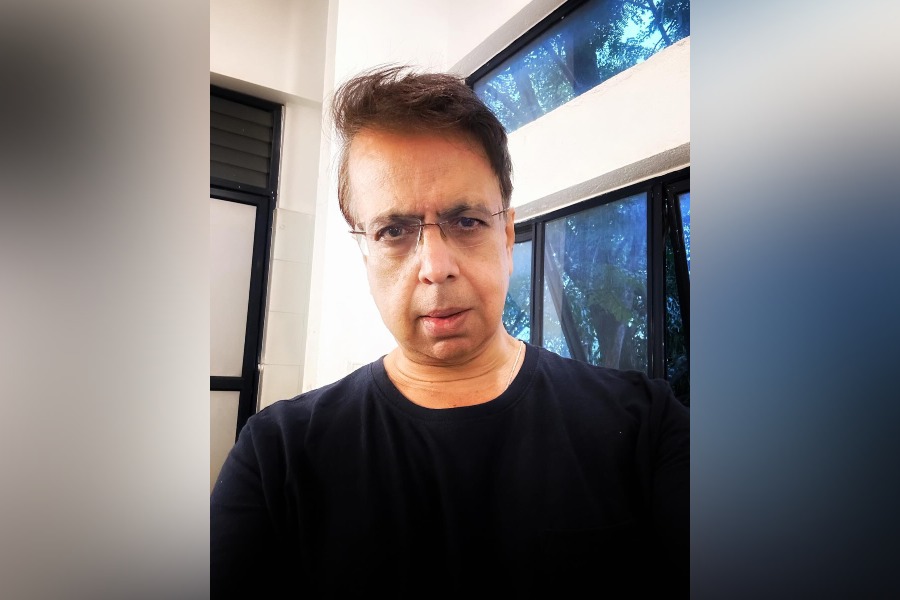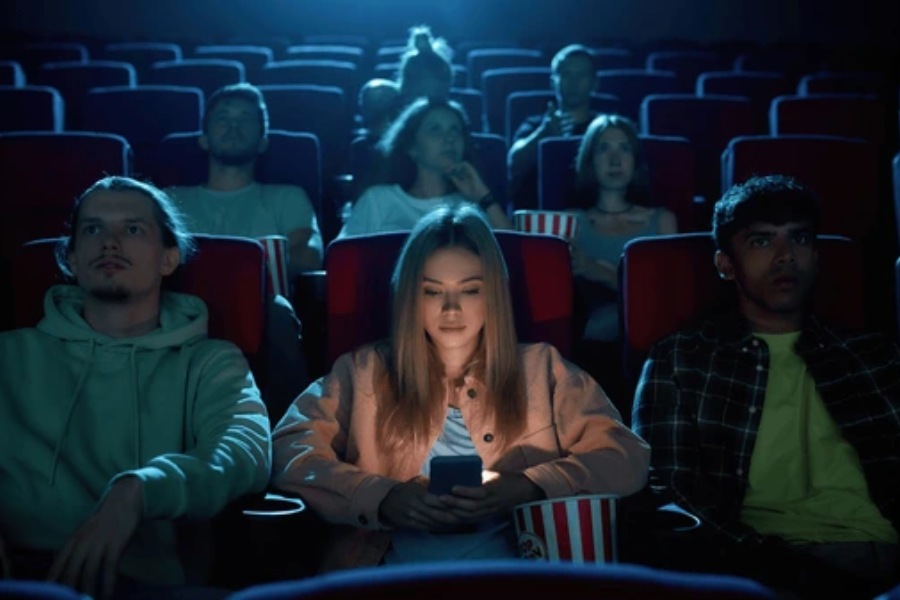The glow of a mobile screen in a dark theatre is a “betrayal” — it is like someone lighting up a cigarette in the middle of a poet’s recitation. This is how filmmaker Mahesh Bhatt weighed in on cinema legend Martin Scorsese’s recent statement that he no longer goes to theatres as he is appalled by the behaviour of the audience.
Scorsese lamented how cinema was being eroded by glowing phones, reel-making and mindless chatter during a recent chat with veteran critic Peter Travers, sparking discourse among cinephiles and filmmakers across the globe.

Martin Scorsese File picture
Several thousand kilometres away in India, filmmakers felt the ripples of the statement.
Bhatt, who has directed and produced nearly 80 films in India, acknowledged the pain of watching a heartfelt scene getting ignored by a screen-scrolling movie-goer. But he warned against over-romanticising the past.
“Theatres were never temples of pure cinema. They’ve always been chaotic, human spaces — popcorn crunching, whispers, even the occasional brawls were part of the experience. But phones? It’s like someone lighting a cigarette in the middle of a poet’s recitation,” he said.

Mahesh Bhatt File picture
Recalling a recent experience, the 76-year-old filmmaker added, “I’ve felt it myself. Recently, I was watching my protege’s film in a preview theatre of 100 kids, only to see someone scrolling Instagram during a scene that bled our soul to create. It stings.”
Yet, Bhatt doesn’t entirely agree with Scorsese. He doesn’t believe in abandoning theatres, as the chaos in a theatre is also its magic. Calling for reform, he said, “The answer isn’t to retreat; it’s to fight for better spaces — curated screenings, phone-free zones, audiences who come to love movies, not to scroll.”
For Pink director Aniruddha Roy Chowdhury, Scorsese’s withdrawal comes as “terrible news”. “Watching cinema in theatres is magical. We make films so that we can all watch them in halls,” he said.

Aniruddha Roy Chowdhury IMDb
But Chowdhury admitted that it’s a tough time for filmmakers as the attention span of audiences is fractured by short-form content. “Everyone is searching for peace. We will eventually return to our roots, to stories and to silence.”
Filmmaker Onir, known for making films that explore LGBTQ+ stories, refused to agree with Chowdhury over the alleged dwindling attention span of the audience.

Onir File picture
“Although people recording reels and scrolling through their phones is a real problem, I’ve also seen the audience completely engrossed in film festivals and theatres. When people go to watch movies in halls, they cannot shed their habit of multitasking between the screen and their phones. They do not become different human beings,” he said.
Onir shifted the attention to thriving film clubs and festivals across Indian cities to prove the presence of dedicated cinemagoers. For him, the issue Scorsese highlighted is entrenched in the system: inflated ticket prices, a glut of formulaic movies, and a lack of theatres across the country.
Phule maker Ananth Mahadevan echoed Scorsese's concerns, lamenting the shift in focus towards food and comfort in luxury multiplexes.
Audiences now treat cinema like “garbage”, consuming it mindlessly while eating, chatting or scrolling through phones, he said. “People who do not want to watch every frame of a movie should not buy a ticket. It is an insult to the art. It's like going into a temple with your shoes on,” said Mahadevan.

Ananth Mahadevan File picture
“Today, it’s a chance that we are taking. We do not know whether, even if it is a full house, the audience is watching the film, or they are talking to each other, or they are busy eating, or they are on their mobile phones,” added the 65-year-old director.
Cinema chains must adopt international practices like uninterrupted screenings without intermission for more immersive experience, Mahadevan recommended.
M.S. Dhoni: The Untold Story maker Amit Agarwal accused OTT platforms and social media reels of eroding the theatre audience and the experience.
“People have become adept at multitasking to make the most of their leisure time,” Agarwal said.

Amit Agarwal File picture
Agarwal adds that filmmakers must understand audience preferences and evolve with technology.
“We need to understand and connect with the audience in the right way, and they will continue to evolve with technology,” he said, recalling the immersive experience of watching Avatar: The Way of Water in a theatre with captivated audiences.










